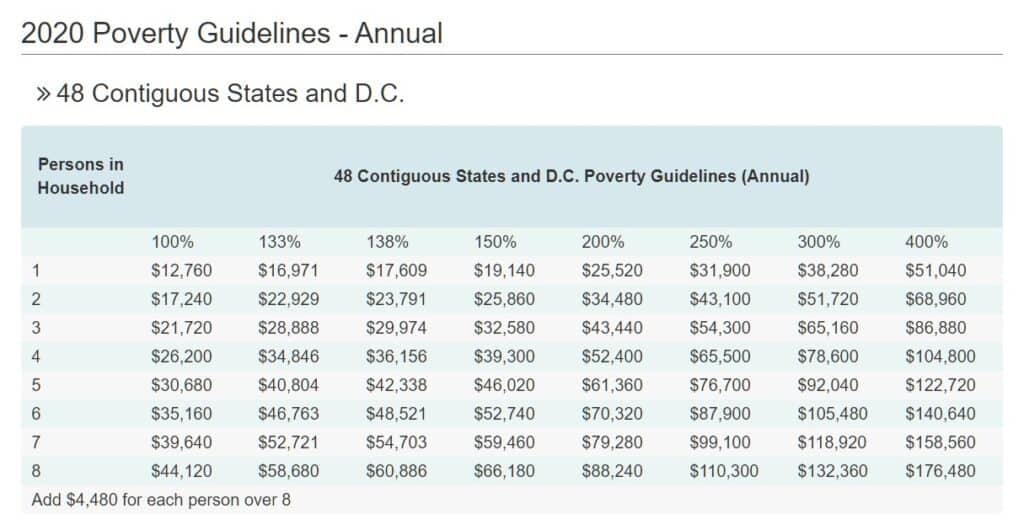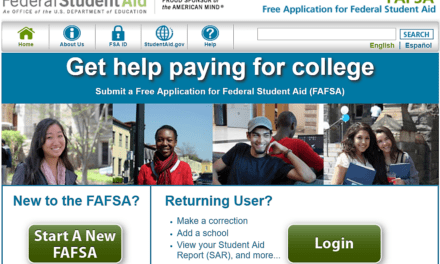FAFSA changes are on the horizon, and it’s about time!
In the Consolidation Appropriations Act of 2021, the federal government finally simplified student financial aid (FAFSA) application process,  effective 2023.
effective 2023.
What’s changed?
Highlights:
- FAFSA simplification – FAFSA application questions reduced from 106 to 39. Transformed the dreaded ‘expected family contribution’ (EFC) into the ‘student aid index’ (SAI). (See legend below) The new FAFSA application change process begins in October 2022.
- Pell Grant eligibility extended depending on family circumstance. Students with family incomes below 175% or 225% of the federal poverty line* will automatically qualify for the maximum Pell Grant. (See legend below) The Pell grant amount changes from year to year. Maximum yearly award for 2020-2021 was $6,345.
- Restoration of Pell Grant eligibility to incarcerated individuals, as long as they’re enrolled in an eligible prison education program and meet the other Pell Grant eligibility requirements.
- Prohibits colleges and universities from maintaining a policy of denying all financial aid professional judgment requests.
- myStudentAid App revised – download it… complete your FAFSA via your mobile phone!
Above are the highlights. Of course, there are plenty of bureaucratic details which you can review at your leisure, if you’re so inclined to do so.
Unfortunately, most of these changes do not go into effect until the 2023-2024 academic year.
However, the option currently available is that if you’re having financial difficulties today, then make an appointment to see your student financial aid adviser to discuss your current financial aid challenges.
IMPORTANT
Most college students and their families don’t realize that financial aid administrators have the discretion to make professional judgments contrary to FAFSA assessments about individual financial need if presented with valid documentation.
DO NOT handle a discussion of this type via social media unless you use online video appointment services. It is to your advantage to have a face-to-face conversation with your financial aid adviser.
Basically, if you don’t ask, then you’ll never find out if you could adjust your financial aid award to your advantage.
Keep in mind that although financial aid advisers do have this flexibility, institutional budgets and the availability of funding will influence their final decisions.
Also, make certain you document the content of the meeting for your records and future reference.
Financial Aid for Unique Student Populations

Lana W. Jackman, Ph.D., a former financial aid director at the major public urban university.
You can also check in with us if you think you need a second opinion.

#collegesuccesslife #collegestudent #college
Join Our Email Community for the Latest Updates!
Legend:
A Word to the Wise...
An Academic Pearl of Wisdom
Whenever a college student faces an academic and/or social challenge, they often ask a peer or a friend first for advice.
And that’s okay.
However, resolving the issue to your best advantage often requires consulting with an academic advising professional as well.
Your academic adviser knows the campus academically, administratively, and socially.
And what they don’t know, they can point you to the person who does know. Include this strategy in your current plan for college success.
And we're always available to help as well!











